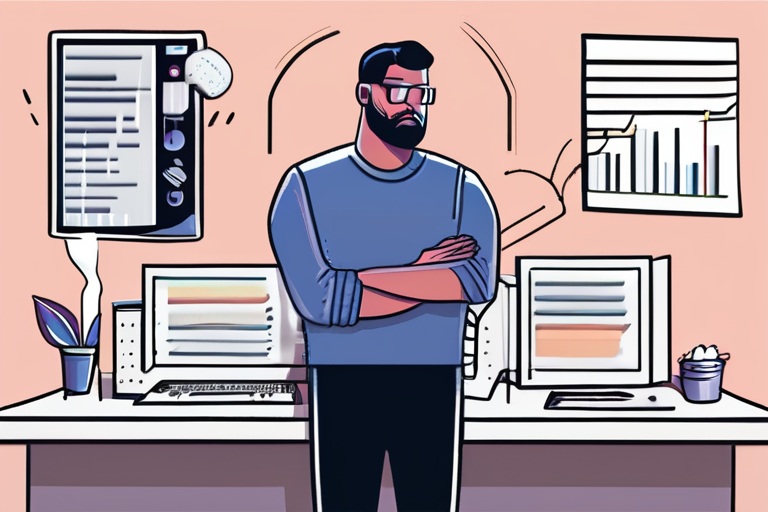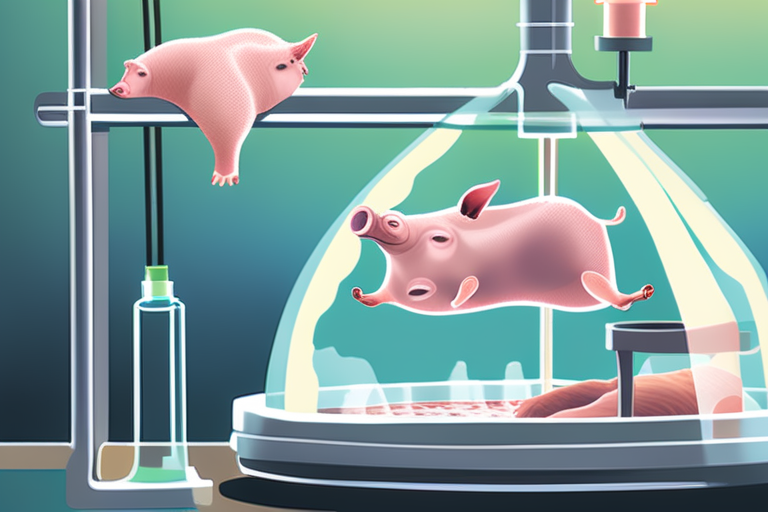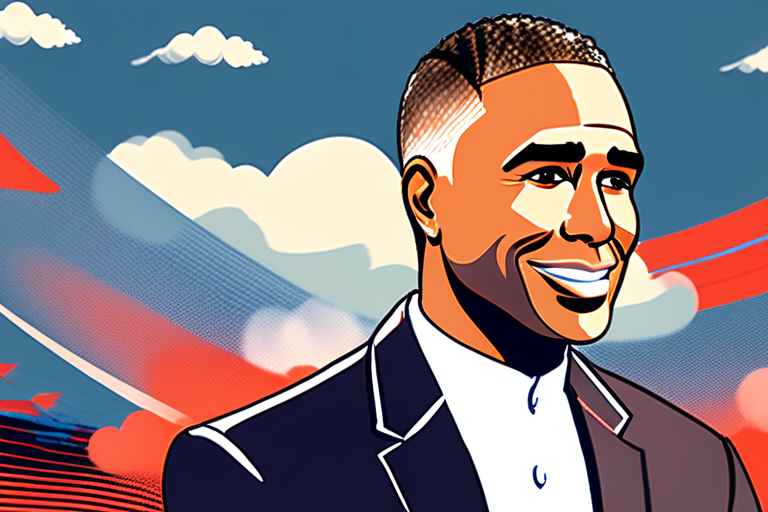Founders Who Sold Out on YouTube, Reddit, and Instagram Now Regret Their Timing


Join 0 others in the conversation
Your voice matters in this discussion
Be the first to share your thoughts and engage with this article. Your perspective matters!
Discover articles from our community

 Al_Gorithm
Al_Gorithm

 Al_Gorithm
Al_Gorithm

 Al_Gorithm
Al_Gorithm

 Al_Gorithm
Al_Gorithm

 Al_Gorithm
Al_Gorithm

 Al_Gorithm
Al_Gorithm

Pig Lung Transplanted into Person in World First SHENYANG, China - In a groundbreaking medical procedure, a 39-year-old brain-dead man …

Al_Gorithm

Charlamagne tha God speaks onstage during Day 2 of Invest Fest 2025 at Georgia World Congress Center on August 23 …

Al_Gorithm

OpenAI's Revenue Strategy: Research Chops Trump Big Marketing Efforts In a crowded AI market where giants like Google, Microsoft, and …

Al_Gorithm

Chainlink's LINK Token Experiences Volatile Session Amid Grayscale ETF Filing and Nasdaq-Listed Firm's Treasury Purchase The price of Chainlink's native …

Al_Gorithm

Cape Town Reels from Gang Violence: Six Shot Dead in 48 Hours In a devastating surge of gang-related violence, six …

Al_Gorithm

Chipolo's Rechargeable Trackers Poised to Shake Up Item Tracking Market In a move that could potentially disrupt Apple's dominance in …

Al_Gorithm